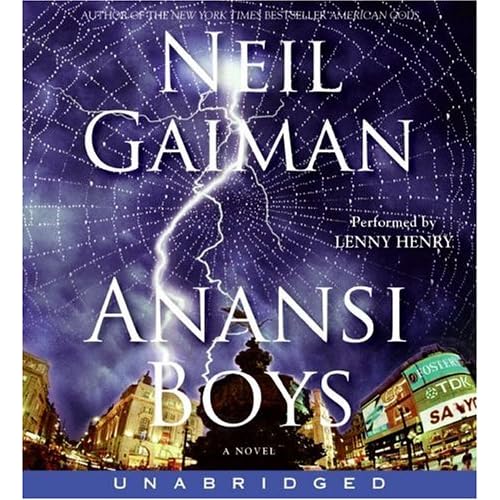There’s been a huge outcry about a recent column in the well-known speculative fiction magazine, Strange Horizons. All over there are people drawing lines in the sand and defending fans who review and authors who comment.
The column started talk about fan-bloggers/reviewers (which the writer identifies herself as) and industry blogs, talking about recent novels releases and reviews of them. It wanted to discuss our easy access to authors in the digital age, and our ability to rub bad reviews in their face.
What it sparked was a huge discussion of authors interacting with their fans and reviewers, particularly in the online space. There have been some very public examples of people doing it the wrong way, and also of readers planning to bully authors (this blog summarises the whole sordid affair). It’s not a single platform problem either: both major review sites, Amazon and Goodreads, have had it happening in both directions.
Certainly, there is an element of this that is part of the element of online communities that are out to bully and harass individuals. There is nothing constructive in it. Whether we should be looking to censor this behaviour, which would lead to a whole other set of problems, or finding another way to encourage respectful behaviour is unclear.
Overwhelmingly, what I am reading from online communities of writers and readers is this:
- Treat others with respect, even if you didn’t like their work or their review. You are entitled to have an opinion.
- Writers: Reviewers are good for authors, in terms of meaning that your book is getting read. Thank them for reviewing and reading and leave it at that, unless you have a real error to correct (accusations of plagiarism where you can show that it is not for example) and if you do need to do it, disconnect and keep respectful and factual. Abusing reviewers will only earn you bad press and lose you readers. Expect bad reviews.
- Reviewers: If you invite writers in by attracting their attention on line, do not be surprised if they drop by. Abusing authors does not help you or anyone else. You are entitled to your genuine opinion. If you are wrong, own it and clarify it to people who read your reviews.
- If you are going to respond, be funny (see author’s comment, no. 23) and be genuine. At least then, you’re memorable.
Have you ever written a review that was harsh? Ever had any authors get involved?
Authors, have you ever had scathing interactions online? What did you do?
There’s also some great comments and discussion over at Chuck Wendig’s Terrible Minds blog.

